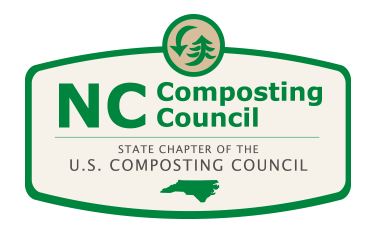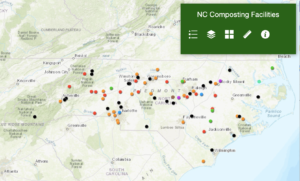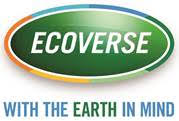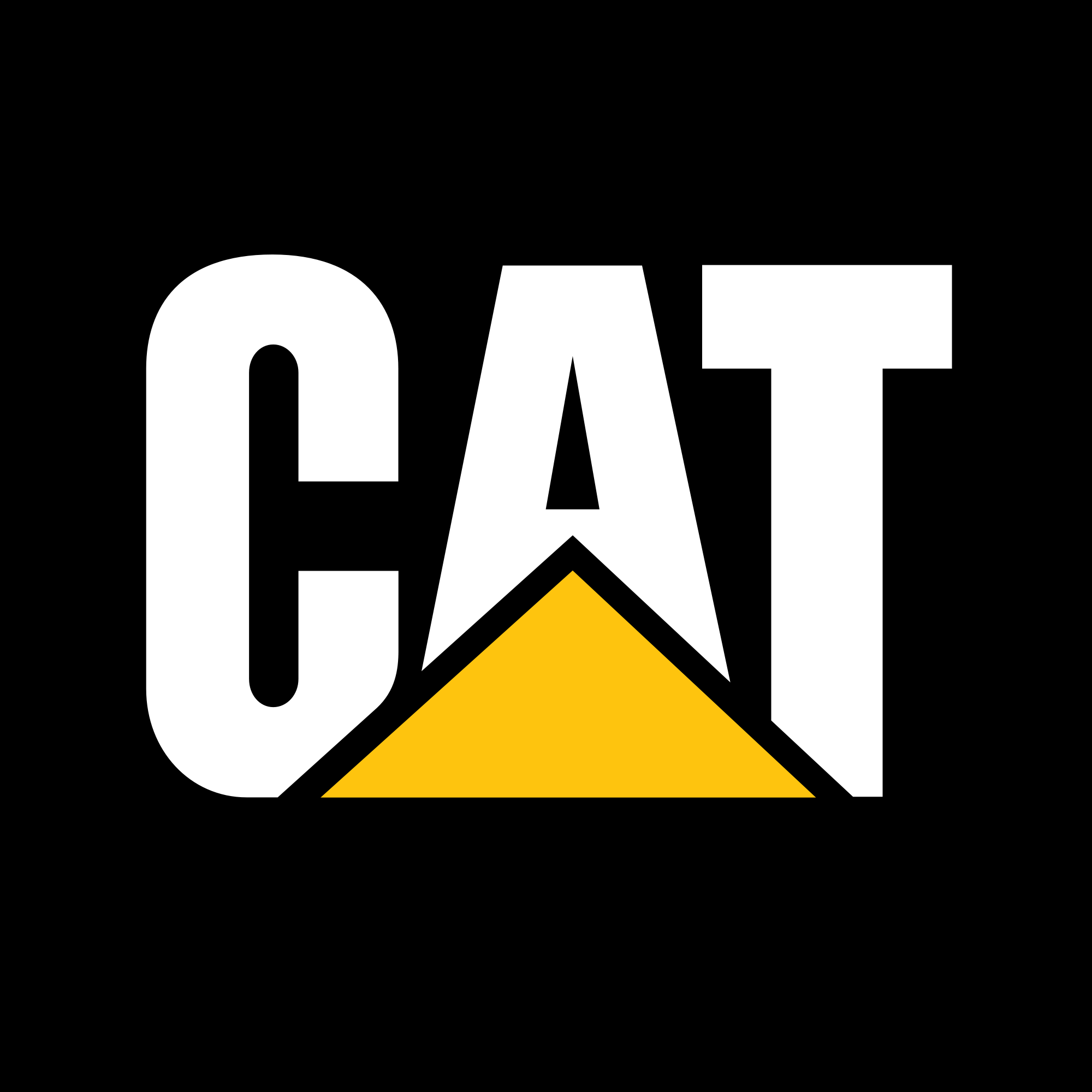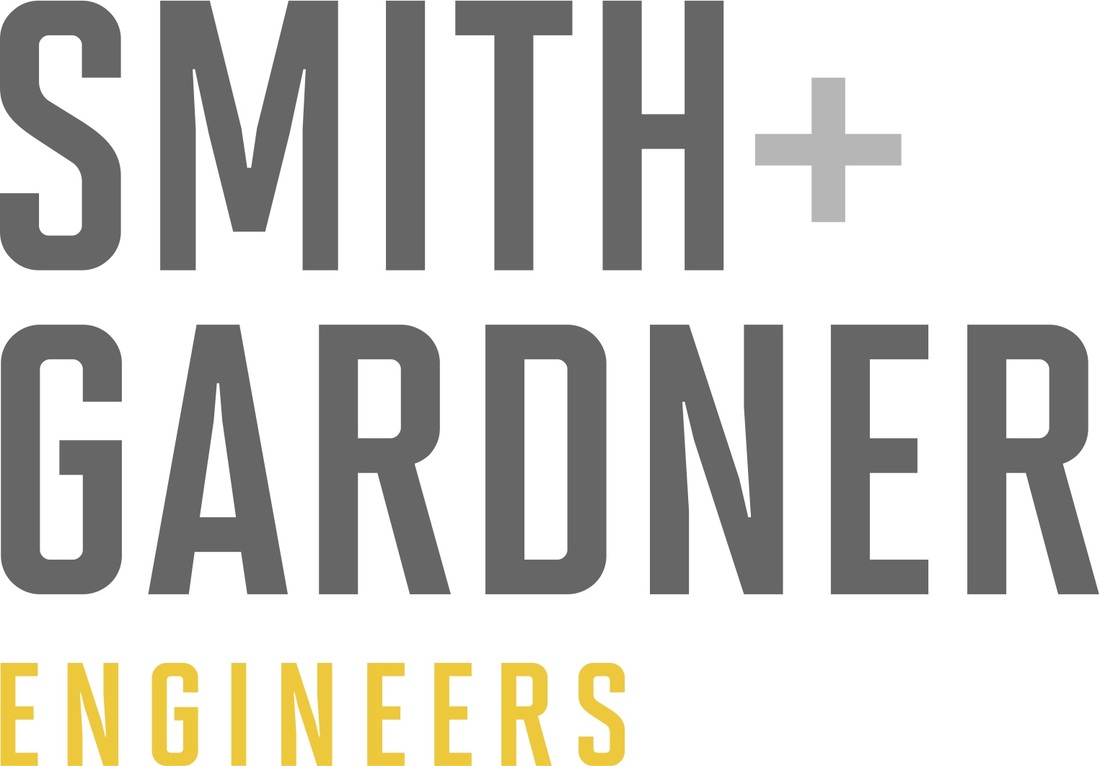The map below is managed by NC Department of Environmental Quality – Division of Environmental Assistance and Customer Service. It shows the permitted composting facilities under NCDEQ and it was last updated Summer of 2020. To view the interactive map on NCDEQ’s website click HERE.
If you are interested in sending material to any composting facility, please check with facility of interest to see if they can and are able to process your specific type of organic waste. Each facility has a unique permit that may or may not allow them to process certain feedstocks. Below is a description of the types of composting operations in the state.
- Facility Types and Feedstocks
- Type 1: may receive yard and garden waste, silvicultural waste, untreated and unpainted wood waste.
- Type 2: may receive Type 1 feedstocks, pre-consumer meat-free food processing waste, vegetative agricultural waste, source separated paper or other source separated specialty wastes, which are low in pathogens and physical contaminants.
- Type 3: may receive Type 1 and 2 feedstocks, manures and other agricultural waste, meat, post consumer-source separated food wastes and other source separated specialty wastes that are relatively low in physical contaminants but may have high levels of pathogens.
- Type 4: may receive Type 1, 2, and 3 feedstocks, mixed municipal solid waste, post collection separated or processed waste, industrial solid waste, non-solid waste sludges functioning as a nutrient source or other similar compostable organic wastes.
- WWTP (Type 4): for the most part, these are wastewater treatment facilities that compost biosolids and yard waste only.
- Note: because a facility is permitted as a certain “type” it does not necessarily mean that they can accept any material as per the SWS rules, so please check with each one before assuming that they will be able to accept your organic waste.
- Facility Sizes
- Small: may receive less than 1,000 cubic yards (CY) of material for composting per quarter and/or occupy less than 2 acres of land, and it may process or store less than 6,000 cy of material per quarter.
- Large: may receive 1,000 CY or more of material for composting per quarter and/or occupy 2 acres or more of land, and it may process or store more than 6,000 cy of material per quarter.
- For additional definitions, please refer to the NDEQ DWM Solid Waste Section Compost Rules
- NC Department of Environmental Quality (NCDEQ) Permitting Units
- Division of Waste Management (DWM) – Solid Waste Section: permits facilities that process 50% animal manures or less.
- Division of Water Resources (DWR) – Animal Feeding Operations: permits facilities that process more than 50% animal manures.
- Division of Water Resources (DWR) – Non-Discharge Permitting Unit: permits wastewater treatment plants looking to compost their biosolids.
- For state contacts, please refer to our NC State Contacts website section.
- Map Information Sources:
-
- NC DEQ DEACS Recycling and Materials Management Section and DWM Solid Waste Section.
-
- NOTE: Information and locations have been uploaded based on the most updated and readily available information, if you have any questions, please email emily.burnett@ncdenr.gov.
![]()
